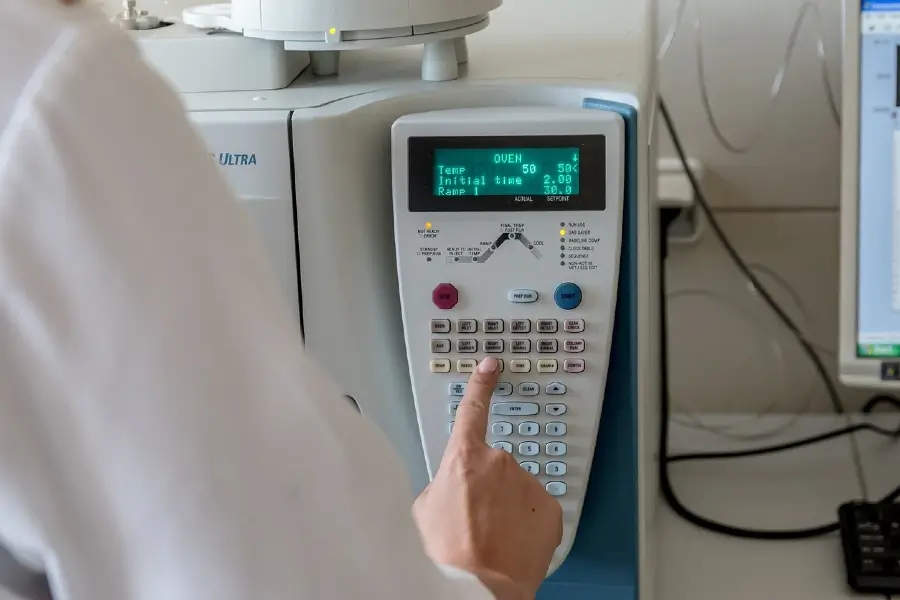Around 25% of premature infants in the United States die due to complications arising from their premature birth, including the potentially lethal intestinal condition called necrotizing enterocolitis (NEC). Necrotizing enterocolitis (NEC) can be deadly in specific cases. Probiotics, containing beneficial bacteria that replace harmful bacteria, have traditionally been used to prevent NEC in premature infants. Studies suggest probiotics may defend against sepsis and other severe infections while boosting the immune system.
Nevertheless, medical professionals warn that specific probiotics may have more adverse effects than advantageous ones when given to premature infants. Moreover, it is claimed that a substantial proportion of the products offered for sale in hospitals for this particular objective need to be improved in proper assessment or examination.
The U.S. Food and Drug Administration is issuing healthcare practitioners revised information regarding the potential risks associated with probiotics for hospitalized preterm newborns. In 2023, the agency issued two warning letters to corporations whose products have been linked to adverse incidents and one death.
An initial correspondence was dispatched to Abbott Laboratories regarding their Similac Probiotic Tri-Blend product. Based on the information on its website and marketing materials, the FDA has determined that the product is classified as an unapproved new medicine and an unlicensed biological product. The corporation has agreed to discontinue the sales of the product.
Necrotizing enterocolitis (NEC) is a prominent cause of mortality in infants.
The second communication was sent to Infinant Health regarding its probiotic product, Evivo, which includes MCT Oil. This product was specifically designed for utilization in hospital environments and contained a strain of the live bacterium Bifidobacterium longum, known as infantis. This specific subspecies has been linked to the tragic demise of an infant in 2023 as a result of NEC.
The genetic sequencing analysis verified that the microorganism found in the deceased infant was indistinguishable from the one identified in the product. Infinite Health has implemented a voluntary recall of the product and halted its sale in the United States.
Necrotizing enterocolitis (NEC) is a prominent cause of mortality in infants, and it is postulated that an imbalance in the infant’s gut microbiota is the underlying cause of this condition. Probiotics facilitate the establishment of beneficial bacteria in the gut, thereby creating an inhospitable environment for the proliferation and survival of harmful bacteria. Nevertheless, the results of numerous experiments have been disappointing, as most probiotics are ineffective in reducing the occurrence of NEC.
Several scientists believe this phenomenon can be ascribed to the different effects of specific bacterial strains. Studies suggest that the advantageous microorganisms in the commonly used probiotic Culturelle can improve infants’ development and resistance, helping them effectively fight against NEC. Nevertheless, alternative research suggests that Bifidobacterium breve, a similar beneficial bacteria, does not seem to offer any protection against the disease, especially in this population of critically ill infants.
Indeed, it significantly elevated the incidence of NEC in this specific group of preterm infants. Therefore, parents must consult their pediatricians for the most efficient strategies to enhance their infants’ welfare and development. They possess the capacity to offer personalized suggestions based on the distinct medical needs of each newborn and aid in making choices that prioritize their safety and overall well-being.
Currently, hospitals have acquired greater proficiency in managing contaminated formulas and other issues associated with probiotics for premature infants, leading to a higher level of accuracy in their practices.

Dominic E. is a passionate filmmaker navigating the exciting intersection of art and science. By day, he delves into the complexities of the human body as a full-time medical writer, meticulously translating intricate medical concepts into accessible and engaging narratives. By night, he explores the boundless realm of cinematic storytelling, crafting narratives that evoke emotion and challenge perspectives. Film Student and Full-time Medical Writer for ContentVendor.com



